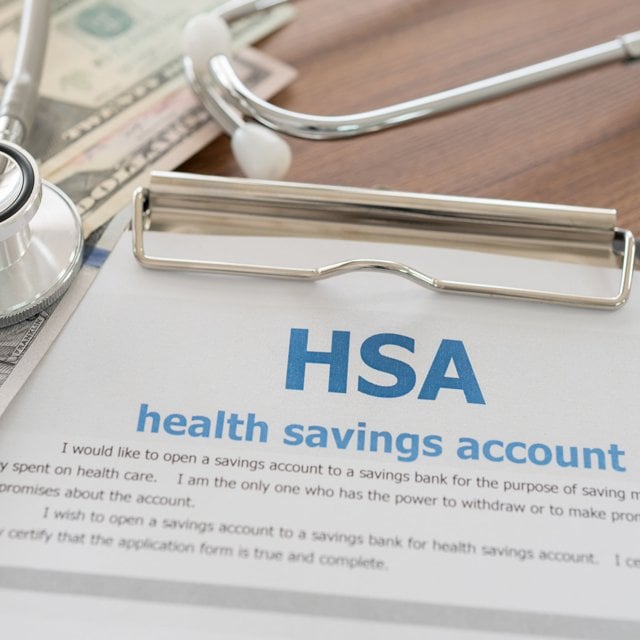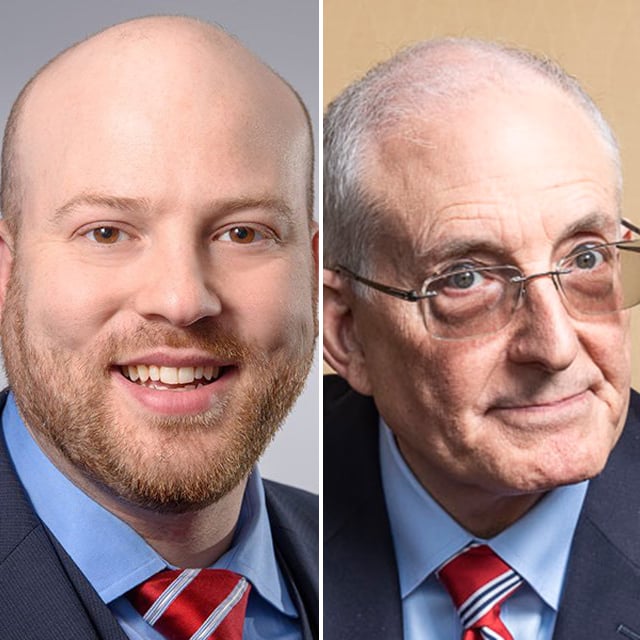Ease HSA Users' Access to Mental Health Care: Employer Group to Congress
Provider Networks
One obstacle is a shortage of providers. A second is lack of true health insurance parity between coverage for mental health services and other types of health services, in spite of the existence of the Mental Health Parity and Addiction Equity Act of 2008 and other federal parity laws and regulations, DeSaulnier said. Rep. Lucy McBath, D-Ga., said the pandemic has laid bare many of the inequities of the U.S. health care system. "I have seen a host of disparities develop and worsen with the onset of this pandemic, even within my own constituency," McBath said. McBath and other lawmakers and witnesses also discussed the role of health insurer reimbursement rates and narrow networks in limiting access to mental health and behavioral care.
Health Account Rules
Gelfand, who spoke for a group that represents employers with self-insured health plans, said that the plans already are trying to provide good mental and behavioral benefits, and that new mandates and penalties won't improve the situation. He said plans have done everything from adding online meditation and yoga classes to setting up crisis hotlines to help get employees through the pandemic. Congress could help by making it easier for a provider in one state to counsel a patient in another state through a telehealth system, he said. That could help plans deal with the problem that mental health professionals often prefer to live in big cities, rather than in small towns and rural areas, Gelfand said. He also called for Congress to update the rules governing HSAs. The current rules require HSA users to combine HSAs with high-deductible health plans. The minimum HSA deductible for 2021 is $1,400 for an individual and $2,800 for a family. The high-deductible plans must cover annual checkups and some screening tests with no out-of-pocket costs for the patients. Gelfand said Congress should also allow for "first-dollar coverage" for some mental health and behavioral health care. "Last year, Congress temporarily allowed first-dollar coverage of telehealth," Gelfand said. "We should make it permanent, and add coverage of worksite health clinics, too. If Congress doesn't act, starting on Jan. 1, tens of millions of patients will have to pay their entire deductible before employers can subsidize these benefits." (Photo: Shutterstock)
© Touchpoint Markets, All Rights Reserved. Request academic re-use from www.copyright.com. All other uses, submit a request to [email protected]. For more inforrmation visit Asset & Logo Licensing.
Featured Resources
View All
Sponsored by Axos Advisor Services
Integrated Banking Solutions: How To Enhance Client Services and Grow Your Business

Sponsored by Optifino
Three Macro Trends Impacting Long-Term Care: Trends, Solutions & Client Conversations

Sponsored by Vanilla
The Missing Piece: Why Advisors Who Skip Estate Planning are Failing Their Clients







